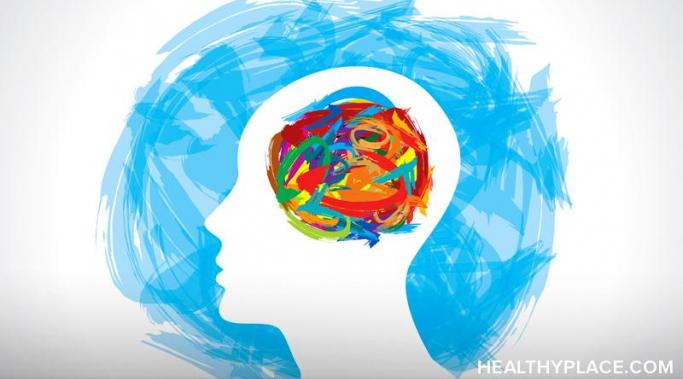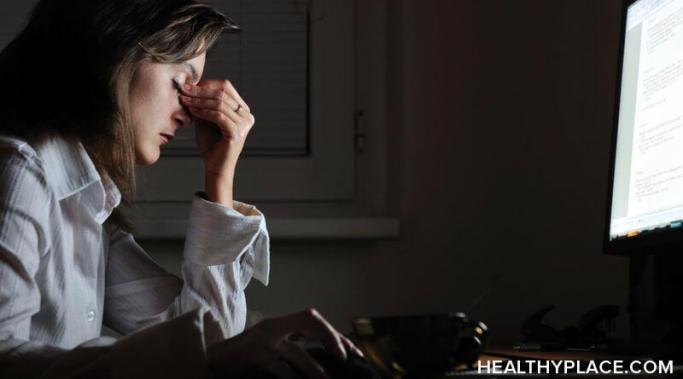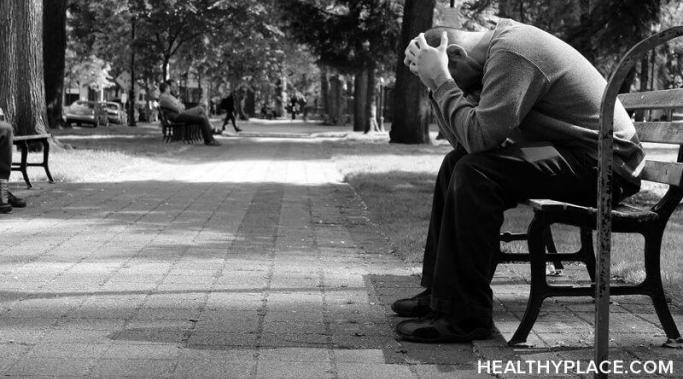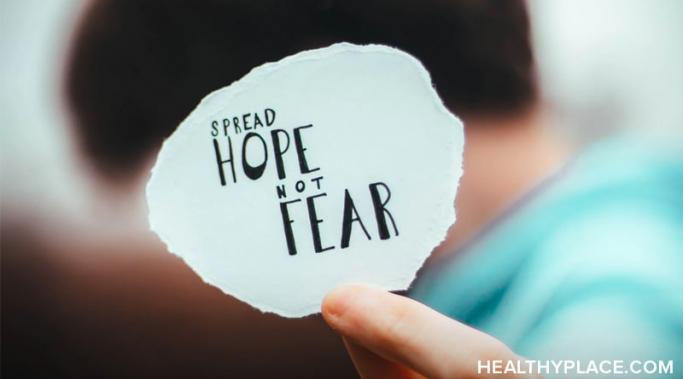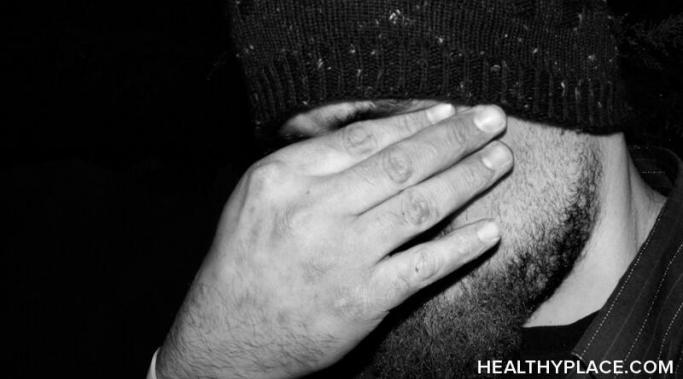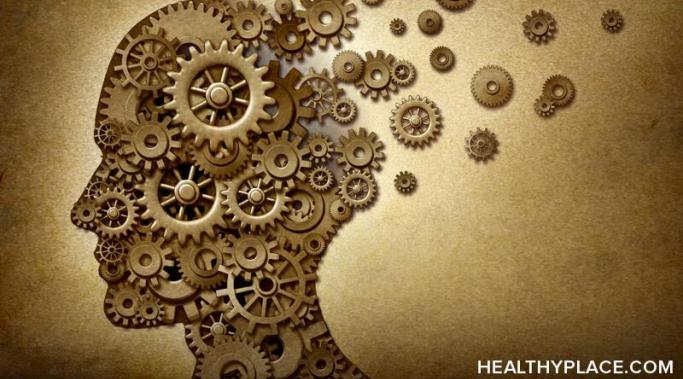It’s one of the original facets of mental health stigma: the belief that negative thoughts are a choice. I’d wager nearly everyone has had someone tell them that at one point or another. Mental health stigma can manifest in many complex ways, but that idea is rather straightforward and simple. Despite that, it’s a truly grating form of mental health stigma and one I encountered again last week.
Stigma and Society's Perception of Mental Illness
I, like many, have been called brave for sharing my experiences with mental health struggles. It’s always sat weirdly with me as I’ve never seen myself in that light. I’m not brave for sharing my mental health struggles. I can see how folks would see bravery in speaking up when mental health stigma is so rampant. Yet, the term still isn’t one I identify with. It doesn’t fit quite right.
As conversations surrounding mental health continue to garner traction and societal acceptance, shows like "Euphoria" are pushing the envelope in terms of the brutality of mental illness portrayed on television. Although intense at times, in my opinion, the show's strikingly raw and vulnerable portrayal of mental illness is carving a path for more acceptance and relatability surrounding the topic.
With so much of the mental health conversation taking place online, I can’t help but wonder if the Internet is helpful or harmful to combatting mental health stigma. Or maybe it's somewhere in between, both, or none of the above. Let’s take a closer look.
In today’s hustle culture, we pay less attention to work-life balance than perhaps we used to. Instead, we laud entrepreneurs that spend their waking moments putting effort into reaching success. We applaud those who have side gigs and celebrate the tenacity of those that go-go-go for their careers. In those situations, work tips the scales so that life is barely a blip on the radar, and in celebrating them, it suggests that’s what we should all strive for. If not, we’re not doing enough. Consequently, we ignore how tipping the scales of work-life balance leads to burnout and suggest that the state of our mental health doesn’t matter.
When "After Life" first hit Netflix in 2019, I was immediately in love with a show that deals with mental health, and raving about it. Now, three years later, after watching the final season, I’m raving about it all the more. Back then, I wrote about how impressed I was with how the show handles topics like grief and mental health struggles. Now, wiping away my tears thanks to the final episode, I’m here to say we need more shows like "After Life."
What does the new year mean for mental health stigma? Many people see New Year’s Eve ticking down into the next year as a time of transformation, possibility, hope. Don’t get me wrong; a new year can certainly represent those things and be an opportunity for a refresh. But among the “new year, new insert-whatever-here” posts, I wonder where mental health stigma fits in.
Death is hard for many people to understand, and feelings about it can be extremely challenging to put into words. When it comes to death by suicide, the challenge seems to become even greater. Think of all the ways you’ve heard suicide spoken about; unfortunately, a lot of it results in stigma and ignoring pain. (Note: This post contains a content warning.)
Have you ever wondered if relatability has anything to do with mental health stigma? I haven’t until recently. Now that it’s entered my mind, I can’t help but wonder how much of a role that might play in decreasing stigma and maybe even perpetuating it.
"Surviving Mental Health Stigma Blog" — that’s the name of this blog full of tips and advice to get through moments of stigma, overcome it, and so on. Often, that’s how I approach writing for this blog: what tips can I share? What have I gone through that might be useful to others? But then it struck me. Dealing with mental health stigma can quite literally be an act of survival. It’s not hyperbole. It’s not dramatics. Mental health stigma could literally lead to someone dying. I’ll elaborate. (Note: this post contains a content warning.)


